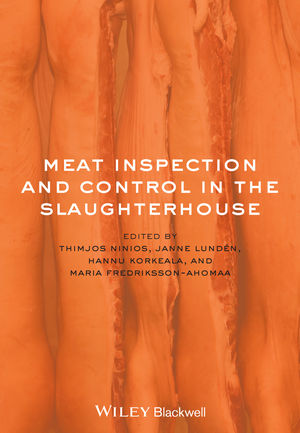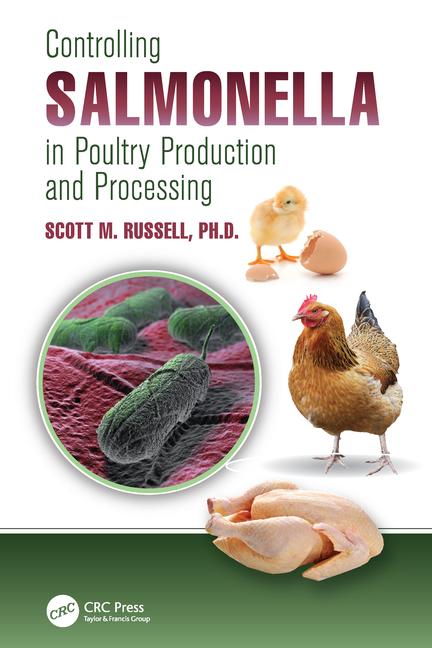What to expect from FSIS in the next year

Never before has “food safety awareness” been as high as it is today. As a result of the efforts of industry over the last 20 years, we have seen a drastic decrease in the annual number of outbreaks and recalls. In the food industry, however, even a single illness is one too many. As a result, we predict FSIS will continue to aggressively regulate additional safety into our products. Here is a quick summary of what we expect to see in the coming year.
E. coli O157:H7
FSIS prides itself on the substantial reductions in O157:H7 illnesses over the last decade. Between 2003 and 2012, Centers for Disease Control and Prevention (CDC) tracked nearly 400 E. coli O157:H7 outbreaks. These outbreaks involved nearly 5,000 confirmed illnesses, 1,500 hospitalizations, and 50 deaths. The financial impact on industry was also considerable. In 2007, there were a total of 22 recalls involving nearly 35,000,000 pounds of beef.
In 2015, there has not been a single recall involving E. coli O157:H7 in ground beef (at presstime). Moreover, after collecting nearly 1,000 regulatory samples, the agency has yet to record an O157:H7 positive finding this year. Moving forward, we expect FSIS to aggressively regulate sanitary dressing procedures and also require establishments develop and follow high-event day protocols to further reduce the spread of illness.
Salmonella
Salmonellacauses approximately 1.3 million illnesses and 500 deaths annually. Bolstered by its success with O157:H7, FSIS is also committed to reducing Salmonella in ground beef. FSIS plans to increase testing in raw trim and ground beef, and use the data it collects to create new performance standards. FSIS will also likely urge processors to recall products that test positive for antibiotic-resistant strains. Thus, expect the Salmonella regulation to increase as the agency places increased pressure on industry to eliminate the bacteria from beef products.
Listeria
Each year, Listeriacauses an estimated 1,600 illnesses and 260 deaths. As such, FSIS continues to target Listeria. Although FSIS has always required facilities that process ready-to-eat (RTE) products to develop and follow Listeria-control programs, FSIS will continue to expect more. Now that many facilities are successful in keeping Listeriaaway from foods in the post-lethality environment, expect the agency to begin demanding that Listeriabe eradicated from the environment entirely. Thus, be prepared to explain to the agency what your company has done to identify and eliminate its original source when a positive is found environmentally in a floor drain, for instance.
Increased access to information
In the coming year, FSIS will implement three significant information-related policy changes.
First, FSIS will require grocery stores that process ground beef to maintain grind logs at the retail level. This new information will help FSIS better identify the source of foodborne-illness outbreaks.
Second, as part of its outbreak investigations, FSIS will use each suppliers’ internal microbiological testing data to determine which supplier was the most likely source, and then take additional regulatory action against the culprit.
Finally, FSIS will also begin publishing food safety-related information for individual establishments, so the information can be accessed by the public.
With each of these new initiatives, FSIS will challenge to test industry in its ability to eliminate harmful pathogens from the food supply. While the coming year may present many new food-safety challenges, I am confident that industry, as it always has in the past, will once again rise proudly to the call.
Looking for a reprint of this article?
From high-res PDFs to custom plaques, order your copy today!









